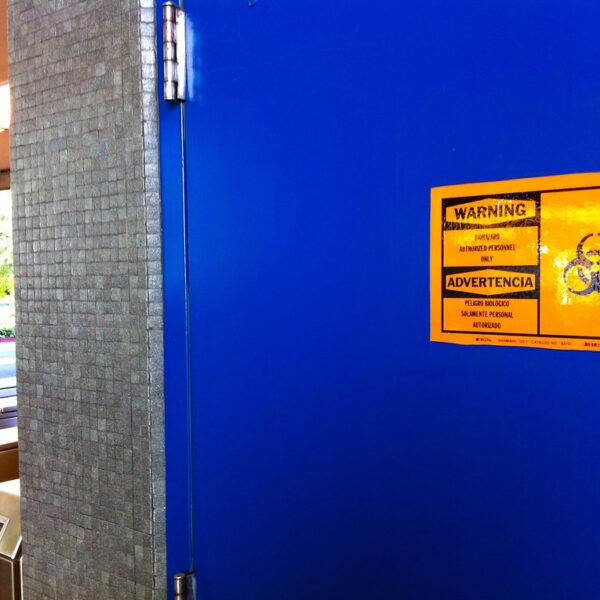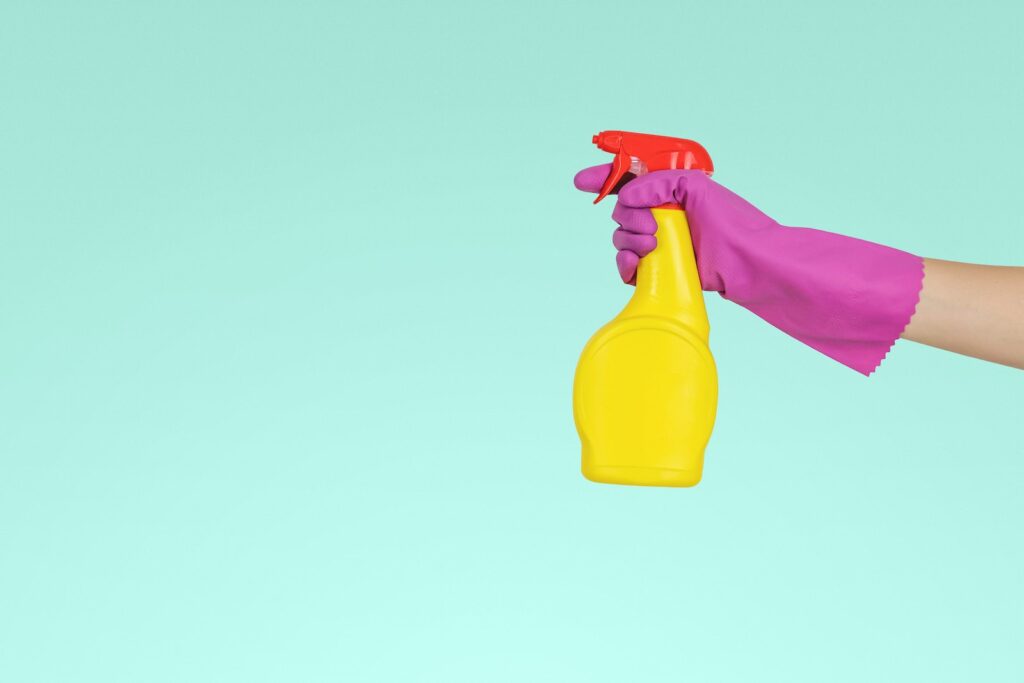We encounter a variety of substances and materials that pose risks to the surroundings and to human health every day. Biohazards are particularly deadly among these potentially toxic substances. They include biological substances like bodily fluids, blood, infectious diseases, and hazardous compounds that can be damaging to humans, animals, and the environment. Emphasizing safe hazardous waste disposal is crucial if we are to safeguard the environment, our communities, and ourselves from any potential dangers. The appropriate management and disposal of potentially hazardous chemicals has a substantial impact on everyone’s capacity to live in a society that is healthier and more secure.
Blood spills, which are frequent occurrences in homes, workplaces, and public areas, must be handled properly as part of biohazard disposal. Accidents happen, and it doesn’t happen infrequently for someone to get a minor cut or wound that necessitates a blood spill. To ensure the safe and effective cleanup of such incidents, it’s essential to follow a simple process to clean blood spills.
The environment and human health may be harmed by improper management of hazardous materials. Let’s look at the importance of biohazard waste disposal in daily life and how it safeguards the environment and the general public’s health.
-
Protection from Infections
Effective biohazard disposal is crucial for preventing the spread of infectious illnesses to both oneself and others. HIV, Hepatitis B, and Hepatitis C are examples of bloodborne illnesses that can survive outside the body and spread to other people for a long time. The improper disposal of contaminated items might result in the spread of these hazardous microorganisms, having detrimental effects on one’s health. Following the right procedures while handling and disposing of biohazardous materials lowers the risk of infection and fosters a safer environment for all.
-
Maintaining a Clean and Safe Environment
Proper biohazard disposal is not only essential for individual health but also for preserving a tidy and secure atmosphere. Biohazardous waste is often found in a variety of public areas, including hospitals, labs, and bathrooms. Without proper disposal procedures, these locations could develop into havens for dangerous infections, endangering anyone who comes into contact with them. We contribute to a better and safer living environment for ourselves and future generations by following strict biohazard disposal requirements.
-
Preventing Contamination of Water Sources
If biohazardous trash is not properly disposed of, it could harm aquatic life and even humans if it enters water supplies. For instance, tainted goods may contaminate the water supply with bacteria as well as additional pollutants if they are discarded into streams, rivers, or carried down storm drains. This can harm aquatic habitats and result in infections that are spread by water. We safeguard water resources and help to maintain aquatic biodiversity by properly disposing of biohazardous trash.
-
Ensuring Occupational Safety
People with a variety of jobs, such as healthcare professionals, lab technicians, and waste management specialists, routinely handle hazardous things. These individuals are more likely to be exposed to dangerous chemicals if proper biohazard disposal procedures are not followed. To safeguard the workers in these industries from incidents at work, diseases, and harm, it is crucial to adhere to these principles and regulations.
-
Mitigating Legal and Financial Liabilities
Improper biohazard disposal can have serious legal and financial consequences. Businesses and people who handle biohazardous materials improperly run the risk of facing fines, legal action, and other sanctions if their actions endanger other people or the environment. Additionally, the expenditures of cleaning up after biohazard contamination and lessening its effects might be high. Individuals and organizations can steer clear of these possible liabilities and save their reputation by investing in appropriate biohazard disposal procedures.
-
Supporting Medical Research and Innovation
Proper biohazard disposal is especially critical in medical research and healthcare settings. Laboratories, hospitals, and clinics generate a significant amount of biohazardous waste daily. When handled appropriately, this waste allows medical researchers to study diseases, develop treatments, and make groundbreaking discoveries. Ensuring that biohazardous materials are correctly managed enables medical professionals and researchers to carry out their work safely and effectively, leading to advancements in medicine and healthcare.
-
Encouraging Responsible Consumer Practices
Biohazard disposal is not limited to institutional or industrial settings. We come across hazardous objects everywhere, including dirty needles, expired prescriptions, and toxic cleaning supplies. It is essential to properly dispose of hazardous items if we are to safeguard our communities, families, and ourselves. Following instructions for safely disposing of these products, such as using authorized drop-off locations for hazardous waste or medications, is part of responsible consumer behavior. By adopting these practices, we contribute to a more sustainable and safer society.
-
Reducing Environmental Impact
If handled wrongly, biohazardous substances have the ability to seriously harm the environment. They might poison the air, the water, and the land, which would eventually destroy the environment. Biohazards, for instance, undergo neutralization before they can harm the environment by being sterilized or incinerated. By sterilizing or incinerating biohazards, for example, these substances are neutralized before they can cause environmental harm. Biohazardous waste’s effects on ecosystems should be kept to a minimum in order to maintain biodiversity and advance a healthier environment.




